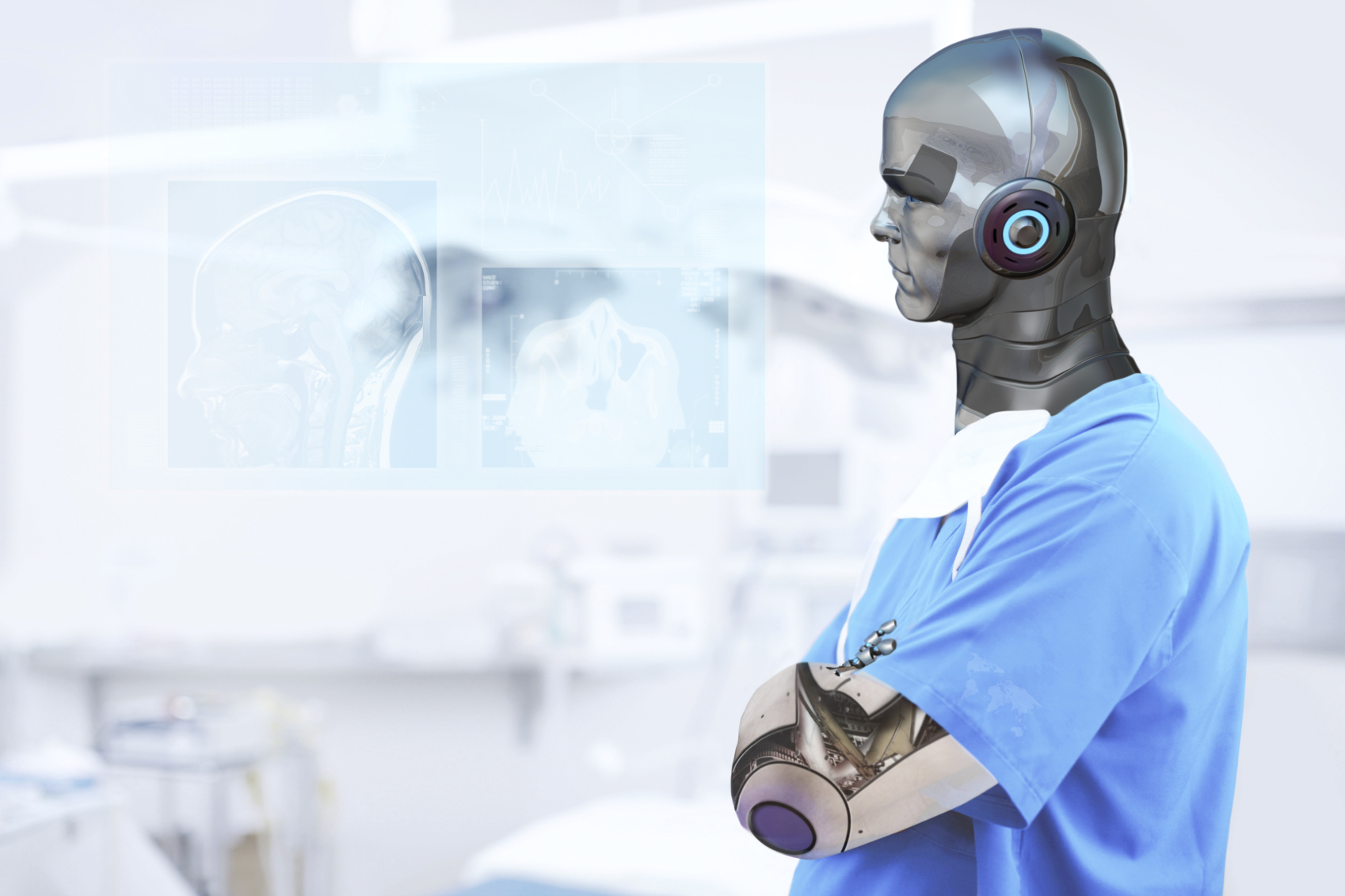
It’s funny how little time a crisis needs to reveal what works and doesn’t work about a system.
That’s one way of summing up a recent interview with Adrian Aoun, CEO and founder of Forward, a tech-driven healthcare startup, who says that when it comes to testing, diagnosing and treating patients in a hurry the current coronavirus shows just how much the healthcare system needs improvement.
And, in his view, AI is one of the tools that can help in a significant way.
“If you truly want to scale healthcare out to as many people as need it, you have no choice but to take healthcare from being a service to being a product, which means relying less and less on humans and doctors doing everything, toward relying more and more on sensors and algorithms,” he said.
As he sees it, the need for a system-wide overhaul of healthcare is especially critical as there are 7.6 billion people on the planet and fewer than 2 billion of them have access to quality healthcare.
The key, however, is recognizing that no system as huge as healthcare can be fixed one piece at a time.
“Go to Disneyland,” he said, “and hop on a tram and there’s no driver right now.”
That’s because the Disney engineering and development teams thought about the entire system, he said, from cars to roads to safety barriers, and of course the onboarding process itself.
Turn those same principles to technology in healthcare, he argues, and it quickly becomes clear that technology has usually been approached purely from a mindset that values data — but not context.
As an example, Aoun pointed to some personal health IT, specifically, a ring he was wearing during the interview that measures heart rate variability, body temperature and other vital signs.
As he described the situation, “while it may be interesting to wake up from one day to the next and realize your temperature may fluctuate from time to time, those isolated data points are useless. The information on its own offers little value.”
For health data to be useful, he said, it needs to monitored regularly, to be sure, but it also needs an overall context.
Take the Apple Watch. It “may take (the) heart rate of its wearers every 15 minutes, but there’s no doctor on the receiving end of that data to interpret it and perhaps put it to good use, finding out, for example if an individual is pre-diabetic.”
At Forward, said Aoun, “We’re trying to create the kind of end-to-end system that allows us to go from, ‘You’re worried, to you’ve been assessed, you’ve been diagnosed, you’ve been cared for all the way back to you’re healthy.’ That’s the systems approach that frankly just doesn’t seem to occur very much in the world right now … once you have a hundred clues or a thousand clues or a million clues, you really can start to piece together a very clear image of what’s going on.”


